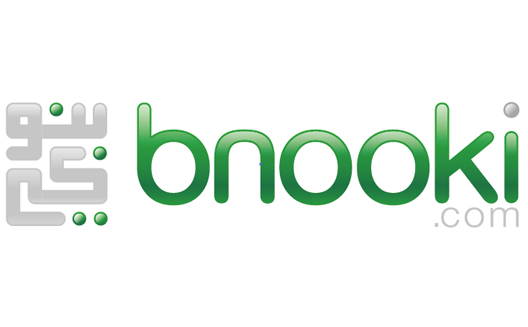Bnooki Offers a One-Stop Shop for Bank Products in Lebanon: Can it Expand?


Figuring out what banks offer in Lebanon is
notoriously difficult, says Elie Bou Jaoude. “There are more
than 600,000 searches on Google regarding banking products in
Lebanon per month, but most don't lead to answers."
It's not that banks won't discuss their offerings; it's simply
difficult to find them online, he says. Typically, customers have
to visit in person or call the bank to determine what kinds of
loans are available.
To tackle this problem, Bnooki (which means “banks” in Arabic) gathers the data, products and services offered by Lebanon's banks, and presents it online so that users can compare and contrast different items and contact banks directly.
After working seven years at Kafalat, a Lebanese financial company that helps small and medium sized enterprises secure funding from banks, Bou Jaoude realized the scope of the problem, thanks to the number of questions he received. “When you work with banks you get many questions about how they work, from friends and family,” he says.
Once he left Kafalat to join incubator Berytech as a Fund Investment Manager, he met Nicolas L'Helhgoulach and Yann Rotil, who had founded EbizProduction, a 10-year-old design and software development company based in Paris and Beirut. He then partnered with them to build Bnooki, which launched in January 2013. To get the platform off the ground, he and his team leveraged their existing contacts and knowledge. “I used to talk to at least ten banks every day during my work at Kafalat,” he says.
Convincing banks
To convince these banks that they should join Bnooki, the co-founders first began researching the banks' products themselves, to create a mockup for each bank's landing page. To gather all of the available data, they hired a research team of five who spoke to banks as potential clients, gathering data from their brochures and interviews to add to the platform.
Once they had created an unlisted webpage summarizing the results, they began pitching to banks to join the site and subscribe to premium accounts that would allow the banks to manage their own pages, subject to verification by the Bnooki team, explains Bou Jaoude.
The site quickly gained traction. “Without having spent any money on ads we have about 300 Lebanese unique visitors a day”, he says. The team monetizes by running banner ads, and hopes in the future to offer analytics reports to banks, revealing the demographics of users who have viewed their banking products.

Scaling the model in the Middle
East
In its current form, Bnooki is easy to surf and allows users to
quickly find what they are looking for, focusing on six main
products: loans, accounts, saving plans, card, business financing,
and other services (car leasing, ATM services and online banking).
In each category, users are guided to compare offers between banks
and ask banks if they have specific questions. Once the
Lebanese government standardizes the APR for banks, Bnooki also
plans to offer loan payment simulations.
While this model is widespread in the U.S., with
platforms like Bankrate allowing viewers to
compare interest rates as well as other banking products,
and Money
Supermarket offering comparison of financial products
beyond banks, Bnooki is one of the few of its kind in the Arab
region. Financial product comparison site Souqalmal, lead by
Dubai-based entrepreneur
Ambareen Musa, encourages customers to "Compare before you
buy" and offers an overview of banking products- including user
reviews- in Kuwait, Saudi Arabia, and the UAE.
Bou Jaoude hopes to launch an Arabic version of the site soon,
and expand into Qatar and Kuwait, where he could come into fierce
competition with Souqalmal. To differentiate itself, Bnooki hopes
to go social, ramping up its Q&A section and building an open
community that discusses financial products (here, he might also
compete with Cashy.me, although Cashy is more
UAE-focused).
Bou Jaoude agrees that the contacts he built in Lebanon while working at Kafalat played a big role in making Bnooki happen; the question now is, can he successfully replicate the same on-the-ground intelligence in a new market?


